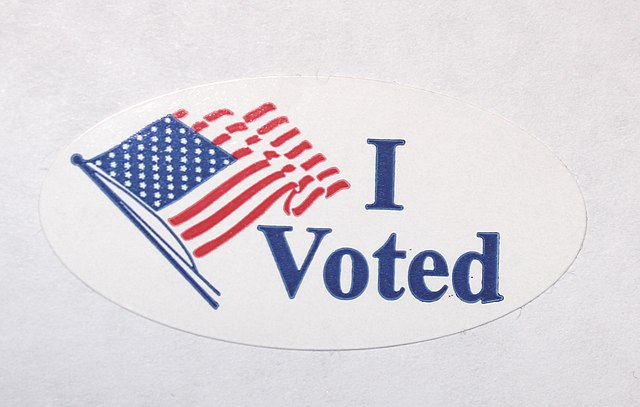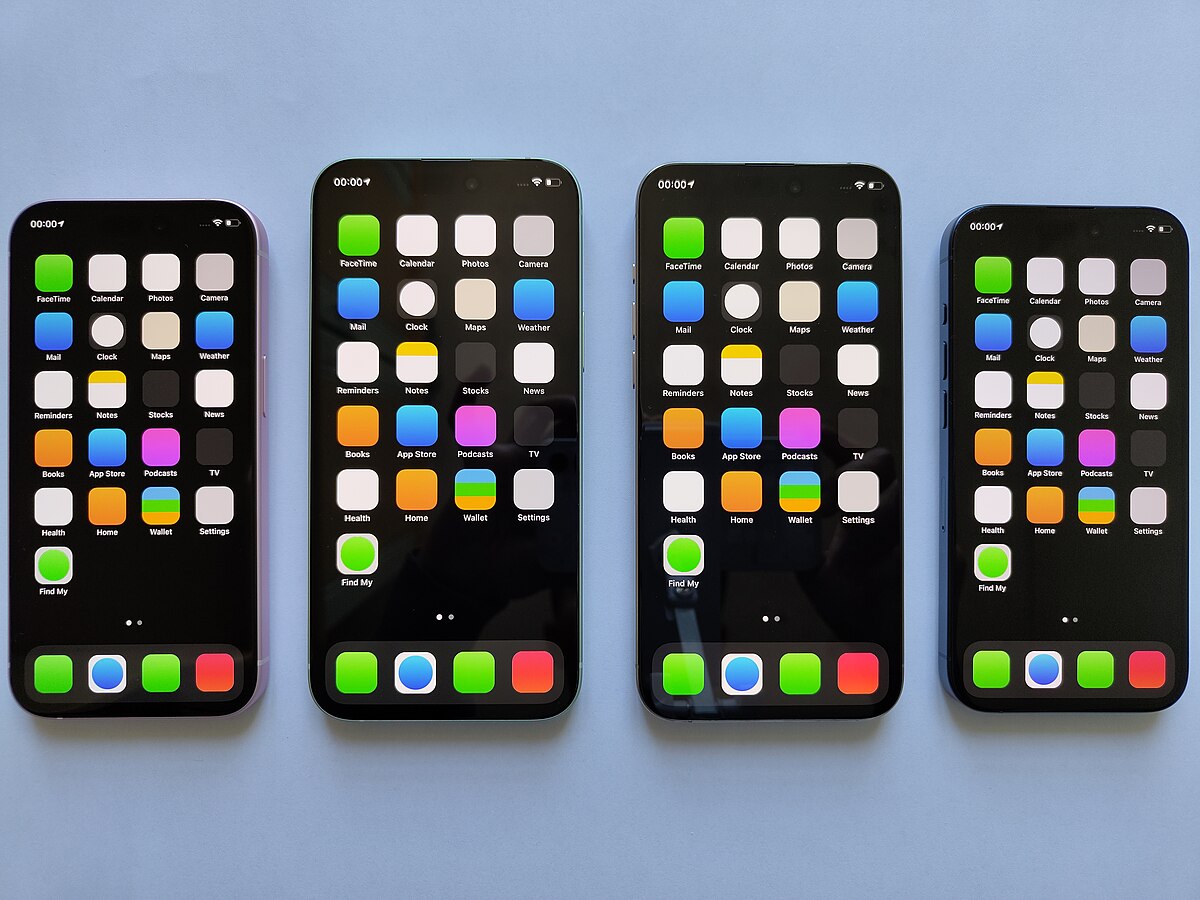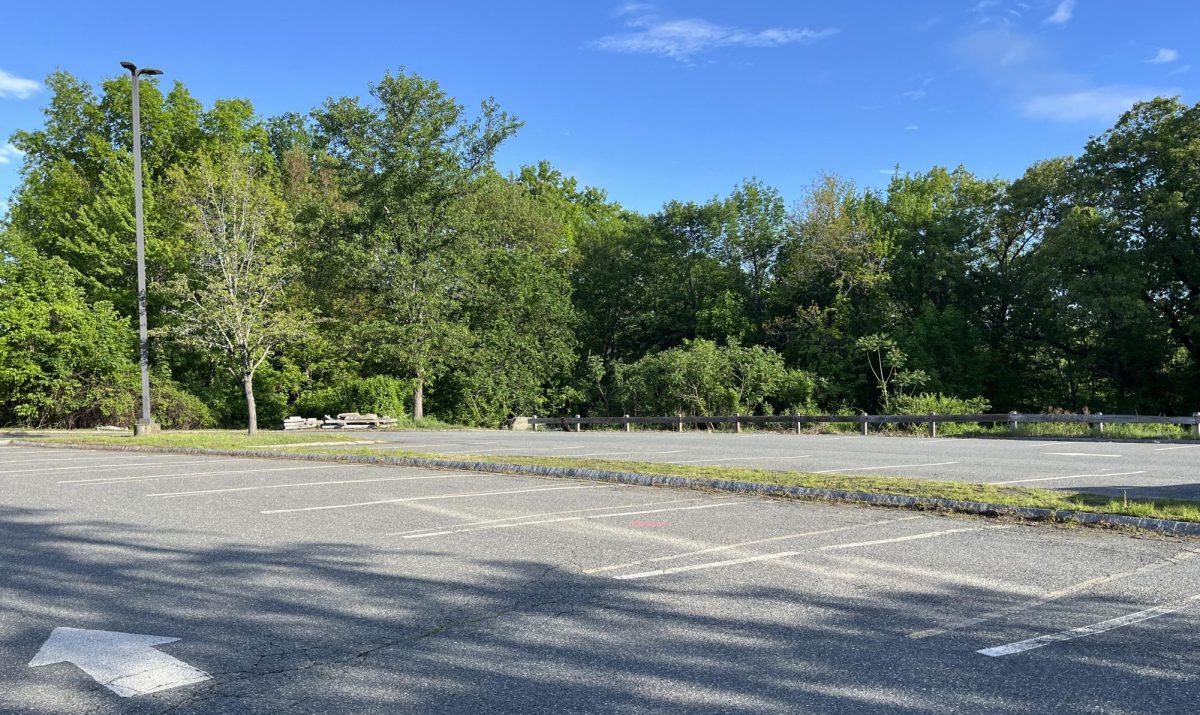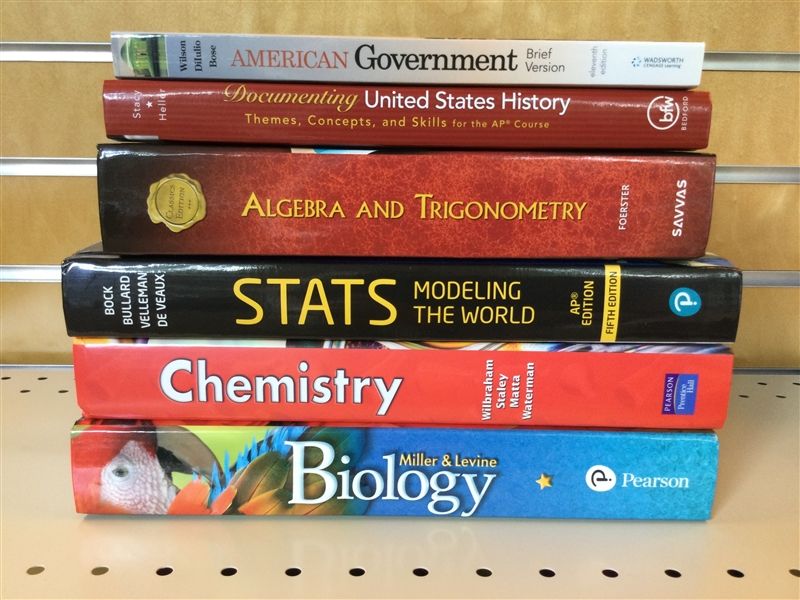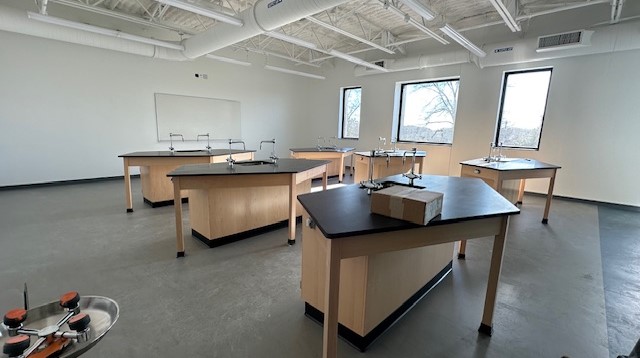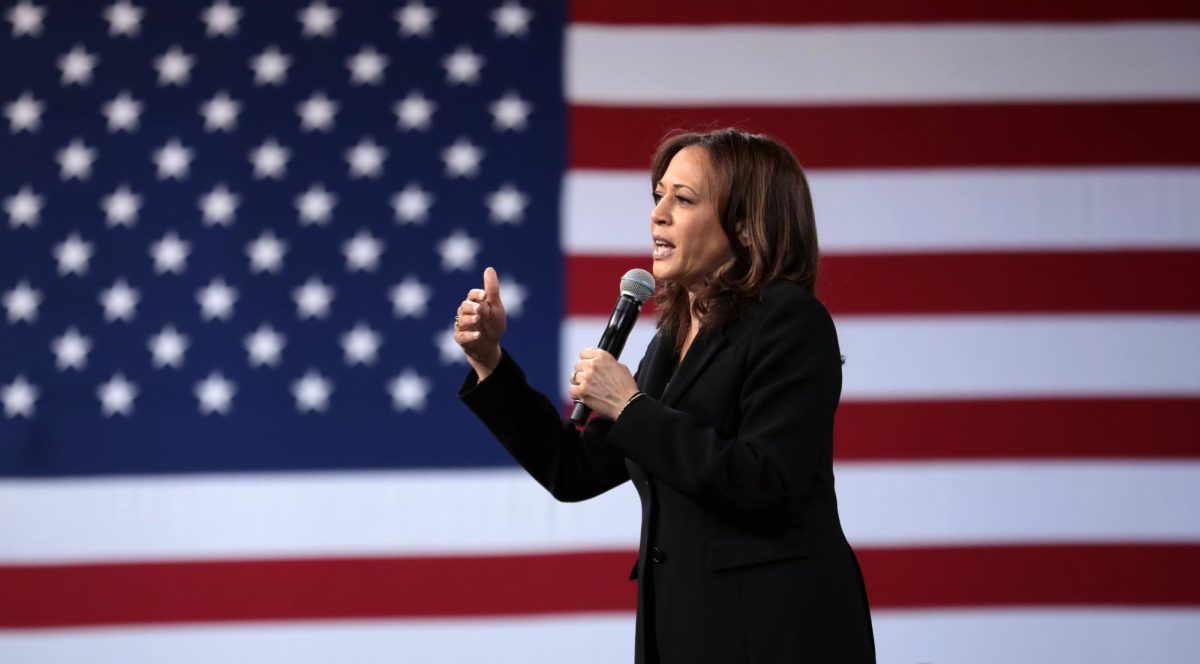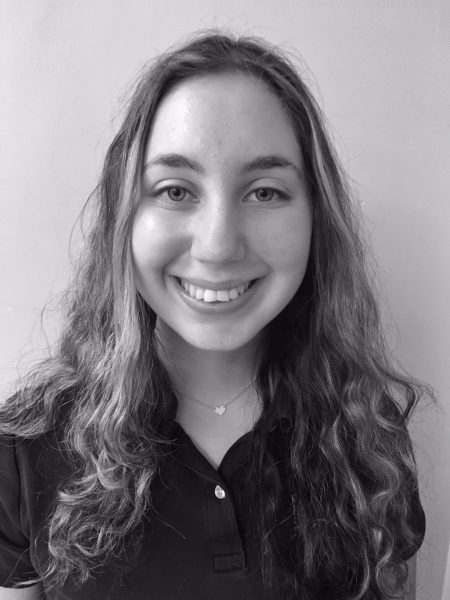The majority of current AMSA seniors and even some juniors will be able to vote in the upcoming presidential election. Their history teachers are hopeful that they will put their years of learning to use, especially as the election moves into full swing following this week’s Super Tuesday primaries.
“Learning the background and development of politics gives context to modern day issues,” AMSA history Department Chair Brianna Murphy said. “As a history teacher it is a responsibility to talk about the upcoming election.”
Any student at AMSA who will be 18 before the election is eligible to vote. Some of these students, however, have not been following the election cycle closely. Many of them tend to get their information from watching television news or on social media, instead of through in-depth newspaper political reporting.
“I don’t follow the election as closely as I should,” junior Kat Brummel said. “I try to read The New York Times and watch the news daily.”
The effect that AMSA’s history classes have had differs greatly from student to student. Some have mixed feelings about how the information taken from their history courses will be used in the election.
“It is the duty of every American citizen to vote,” senior James Clayton said. “Specifically, AP Gov has taught me a lot about what I need to know for the election.”
Elizabeth Morena, who currently teaches the AP Government course at AMSA, trains her students to seek out multiple sources of information and to thoroughly research all of the candidates.
“I teach my students to make educated decisions when voting,” Ms. Morena said. “They need to think critically, and pay attention to the other questions on the ballot as well.”
Voting is a way for citizens to practice democracy, and for young voters it is their initial chance to put theory into action. That action may have a significant impact on the outcome this fall depending on turnout.
In the 2018 midterm elections, only 10 percent of registered voters aged 18-29 voted, and four years later only 11 percent of registered voters did so.
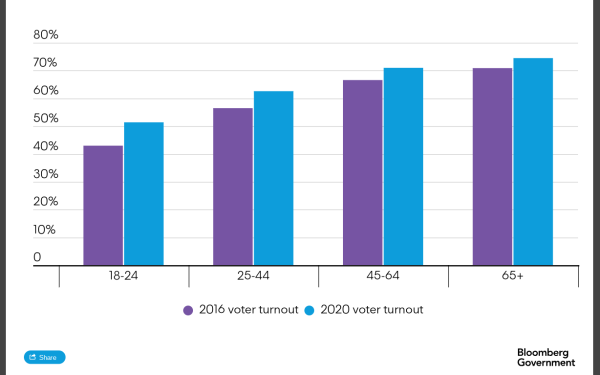
Historically, midterm elections have smaller voter turnout than presidential elections at all age levels, but it is particularly acute among young voters.
The New York Times found that in addition to apathy, young adults’ schedules were often inflexible, making it difficult for them to vote. But those same people often found other ways to be involved in politics.
“Lower election turnout in general over time has been accompanied by a rise in ‘other forms of citizen activism,’ such as mass protests, occupy movements and increased use of social media as a new platform of political engagement,” according to the Stockholm-based International Institute for Democracy and Electoral Assistance, as quoted by The New York Times.
Gen Z, however, has voted in increasingly larger numbers.
The 2020 election had a much higher turnout than the 2016 election for all age groups. Specifically, among registered voters aged 18-24, voting turnout went up from 43 percent to 51.4 percent.
While this was still lower than older age groups, it shows that young voters can and do have a large effect on an election’s outcome.
According to a 2023 study done by Tufts University, 28 percent of people aged 18-24 cast a vote in the 2022 midterms. It found that members of Gen Z are voting at a higher rate than any previous generation during the first election for which they are eligible.
Between 2022 and 2024, more than eight million people became eligible to vote for the first time.
“Fifty-seven percent of young people say they’re ‘extremely likely’ to vote in 2024,” according to the Tufts study. “An additional 15 percent of young people in our survey consider themselves ‘fairly likely’ to vote in 2024.”
One of the issues driving turnout is women’s rights, and many students who are preparing to vote place this at or near the top of their priority list.
“Politicians’ views on abortion rights, and women’s rights in general, are important to me,” junior Liz Goulet said.
Ms. Murphy advised that anyone who has questions about the election should seek out their English or history teachers to ask questions.

